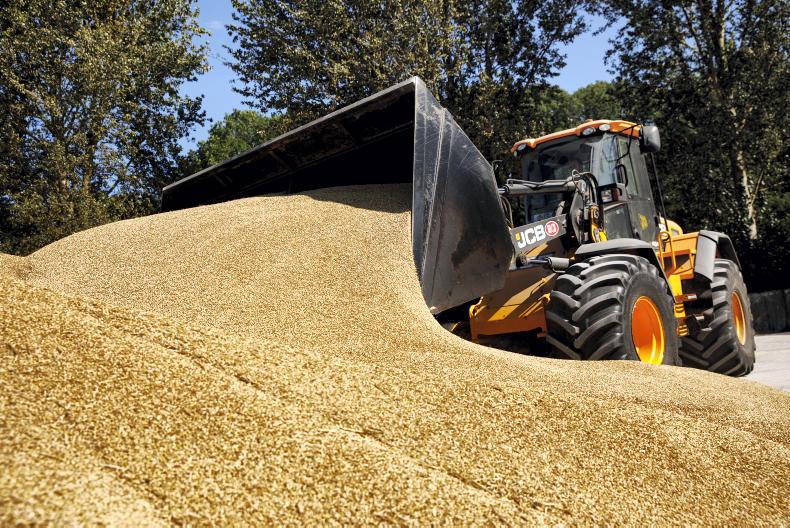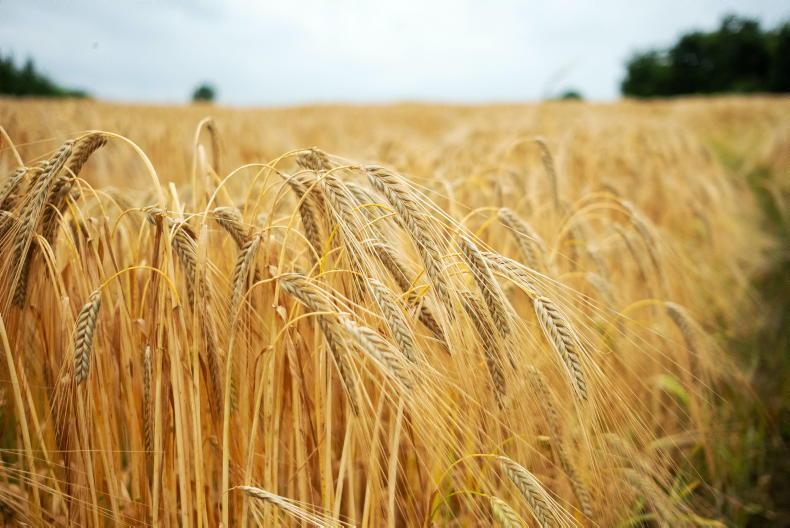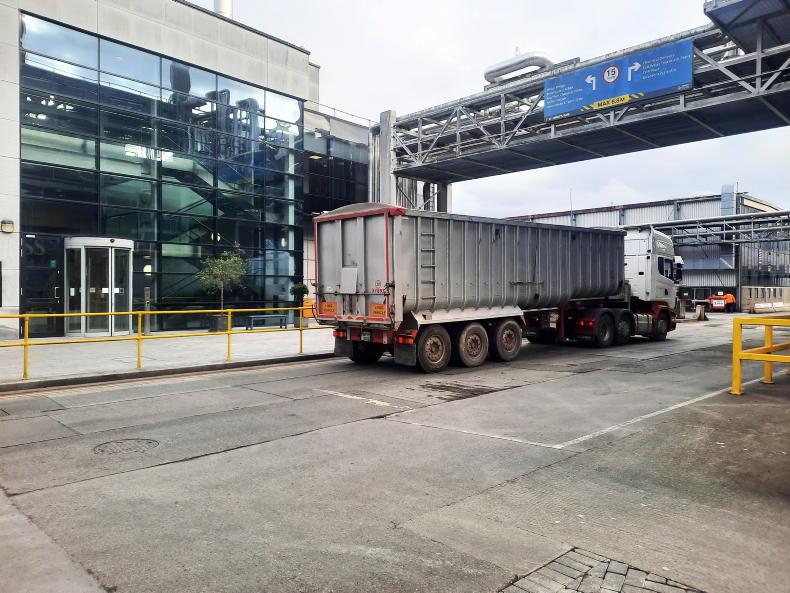Boortmalt has confirmed that the number one reason for malting barley rejections this year was due to issues with grain germination levels.
In order to pass for malting (brewing and distilling), grain must have a germination rate of 98% or above.
Broken weather during August as spring barley crops ripened is being blamed for negatively impacting germination levels in grain and causing rejection.
Protein levels
The second major reason for rejections was related to protein levels.
As reported earlier in the harvest, low proteins became a serious issue, as many growers did not supply brewing grade (above 9.3% to 10.8%) in this peculiar year.
In a number of cases, only the distilling proportion (30%) of grower’s contracts was accepted.
However, protein levels have been rising as the harvest progressed, according to Boortmalt.
There are now some reports of grain being rejected due to excessive protein levels.
Rejection rates
Growers have reported an increased level of rejection this year.
However, speaking to the Irish Farmers Journal, Boortmalt confirmed that average rejection levels were running close to normal and lower than 2018 levels.
However, it stated that grain yields are generally higher this year, with 4t/ac commonly reported.
This may be leading to higher quantities of grain not being accepted, even though rejection rates are in line with normal.
Reopening of intakes
Earlier this week, Boortmalt malting barley growers received texts stating the temporary closures of intakes.
Intakes have reopened today, with grain deliveries recommencing on Thursday morning.
Growers had been nervous about these closures, citing uncertainty around intake intentions due to the loss of some of the malting capacity at the Athy plant.
However, the temporary closures were necessary to catch up with drying operations, as moisture levels have been coming in slightly higher than normal, Boortmalt explained.
Commitment to contracts
The company has reaffirmed its intention to take all contracted grain once it passes the quality parameters.
The company has to rent additional storage space in multiple locations to store grain due to the reduced malting capacity at the Athy plant.
In August, the partial collapse of a building used to produce 70,000t malt at the Athy facility reduced its overall capacity in the short term.
However, expansion works to increase existing malting capacity in Athy is expected to be completed by January 2020.
Boortmalt has stated that this facility will quickly ramp up to its full capacity of 40,000t malt per annum, which will help reduce the impact of the collapse.
Read more
The fight against blight steps up a gear in Oak Park
Boortmalt growers nervous as intakes close
Boortmalt has confirmed that the number one reason for malting barley rejections this year was due to issues with grain germination levels.
In order to pass for malting (brewing and distilling), grain must have a germination rate of 98% or above.
Broken weather during August as spring barley crops ripened is being blamed for negatively impacting germination levels in grain and causing rejection.
Protein levels
The second major reason for rejections was related to protein levels.
As reported earlier in the harvest, low proteins became a serious issue, as many growers did not supply brewing grade (above 9.3% to 10.8%) in this peculiar year.
In a number of cases, only the distilling proportion (30%) of grower’s contracts was accepted.
However, protein levels have been rising as the harvest progressed, according to Boortmalt.
There are now some reports of grain being rejected due to excessive protein levels.
Rejection rates
Growers have reported an increased level of rejection this year.
However, speaking to the Irish Farmers Journal, Boortmalt confirmed that average rejection levels were running close to normal and lower than 2018 levels.
However, it stated that grain yields are generally higher this year, with 4t/ac commonly reported.
This may be leading to higher quantities of grain not being accepted, even though rejection rates are in line with normal.
Reopening of intakes
Earlier this week, Boortmalt malting barley growers received texts stating the temporary closures of intakes.
Intakes have reopened today, with grain deliveries recommencing on Thursday morning.
Growers had been nervous about these closures, citing uncertainty around intake intentions due to the loss of some of the malting capacity at the Athy plant.
However, the temporary closures were necessary to catch up with drying operations, as moisture levels have been coming in slightly higher than normal, Boortmalt explained.
Commitment to contracts
The company has reaffirmed its intention to take all contracted grain once it passes the quality parameters.
The company has to rent additional storage space in multiple locations to store grain due to the reduced malting capacity at the Athy plant.
In August, the partial collapse of a building used to produce 70,000t malt at the Athy facility reduced its overall capacity in the short term.
However, expansion works to increase existing malting capacity in Athy is expected to be completed by January 2020.
Boortmalt has stated that this facility will quickly ramp up to its full capacity of 40,000t malt per annum, which will help reduce the impact of the collapse.
Read more
The fight against blight steps up a gear in Oak Park
Boortmalt growers nervous as intakes close









SHARING OPTIONS